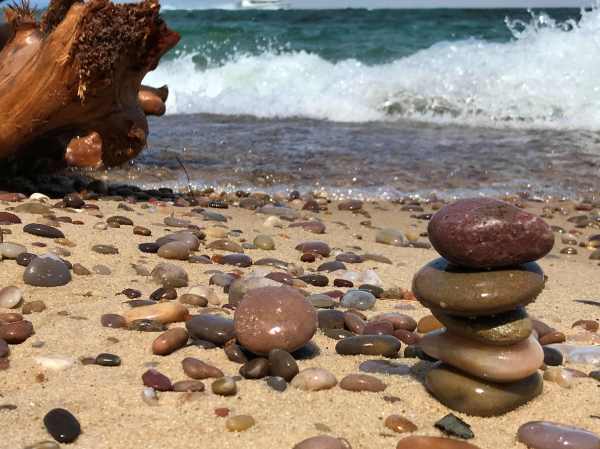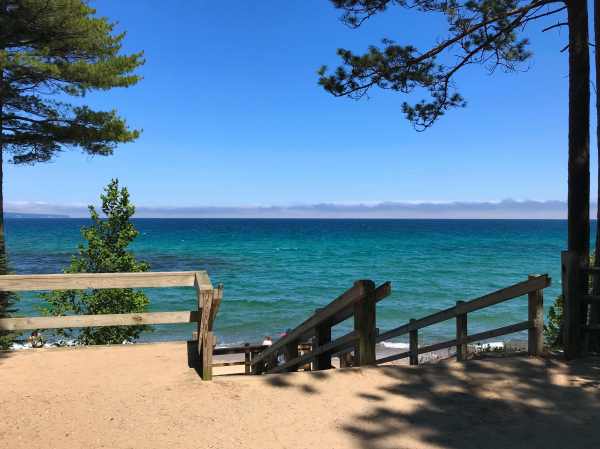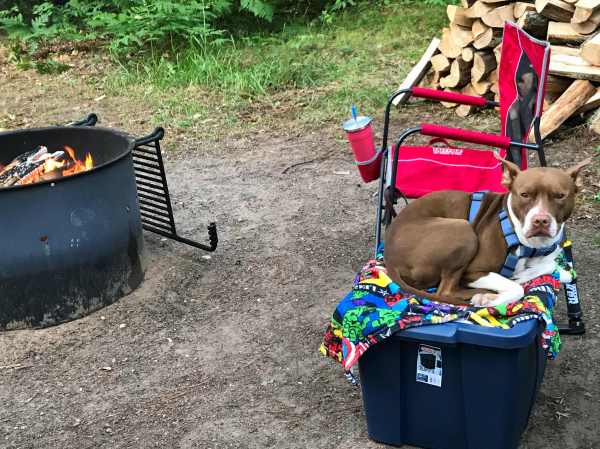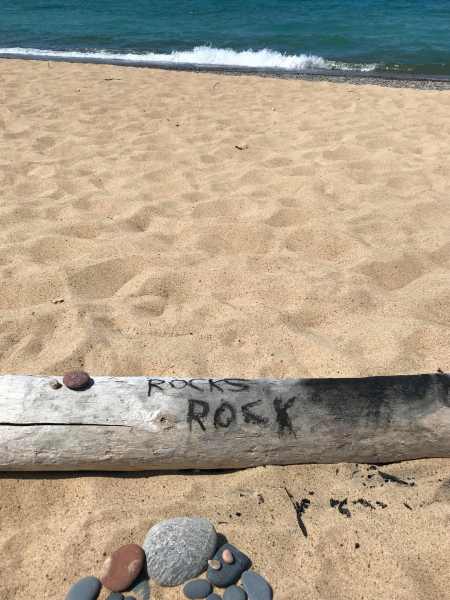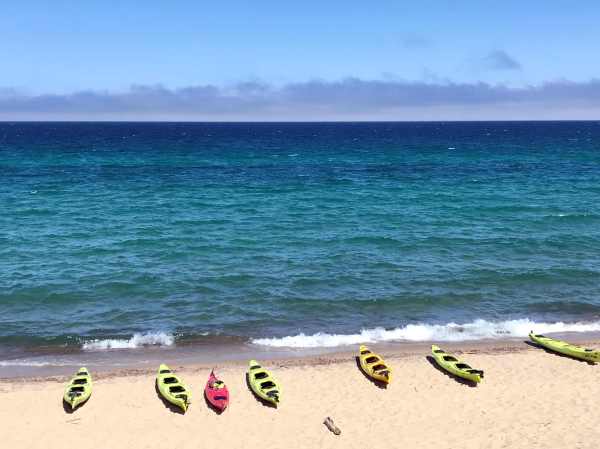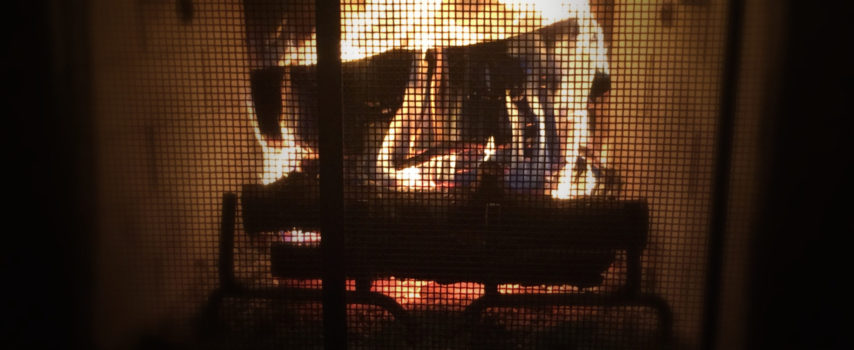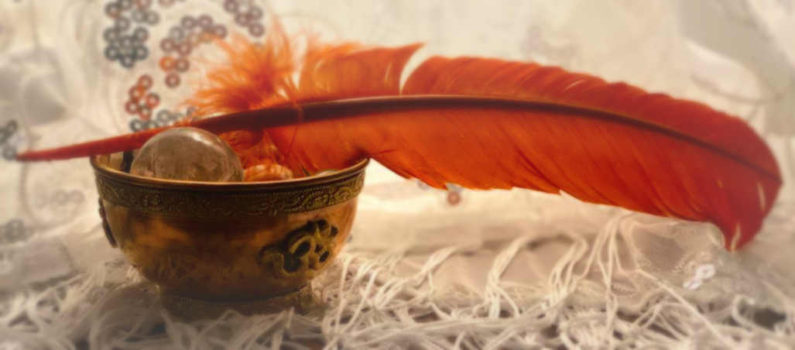
The Genre Club: Trials and Tribulations of a New Author
The outcome cannot matter.
Elizabeth Gilbert, Big Magic
I am doggedly slogging toward a 2020 publication of my debut novel, currently titled Evolving Elizah: Initiatum. My biggest obstacle? Me.
I recently shared a complete draft of the manuscript with a couple of industry experts — an editor and a marketing advisor. I need their help, you see. I want my novel to launch like a rocket — better yet, like the space-farm turned deep-space-voyager where Evolving Elizah unfolds. I know I can’t do that alone.
I expected to feel nervous as I wait for their feedback. It’s tough to offer up the work of my heart for critique by strangers, knowing they don’t love it the same way I do. For me, this story is essential, and my heart now beats in time to the rhythmic melody of keystrokes as we bring each other to life. Of course, it’s good that these consultants don’t love it like I do. That’s why I asked for their help, right?
Here’s the part I didn’t expect — a whirlwind of anxiety chased by a monsoon of fear, all unleashed by a simple and relatively inconsequential question.
“What genre is this?”
Oh, dear.
I thought I knew. I thought I’d settled on Young Adult. But, is that right? Science Fiction, maybe? Dystopian? Dystopian Young Adult Science Fiction? Is that a thing? What if I get it wrong?
All of a sudden, I’m back in high school. Did I dress for volleyball when I should have been planning for chess club? Can I go home now?
For whatever reason, life’s stressful moments often transport me back to some terrible childhood experience.
In this case, it isn’t a question of volleyball or chess club — I did neither in high school. In this particular case, I’m standing in a high school classroom holding a brown jumbo-sized well-used plastic margarine container. Well-used? Oh yes.
The bowl retained enough identifiable print to confirm it’s initial purpose of storing margarine. The lid, which at one point fit the bowl like a glove and matched the design, could now only be identified as belonging by the same brown color. As was typical in our household, it was warped, contorted, and worn by repeated exposure to harsh circumstances it was never intended to endure.
What was in the bowl?
Prior to entering a room full of my peers, I would have been proud to tell you. It contained my own recipe, one we ate at home several times. It was a goulash-like invention, the tangible conclusion of hours I spent in the kitchen trying to create enjoyable fare using nothing more than my own creativity and whatever my non-cooking mother happened to have on hand in the pantry.
I was proud of my effort. I found it substantially better than anything my mother would have prepared — the microwaved scrambled eggs, which somehow always ended up cornflower blue, or the broiled meat patties, prepared on a baking sheet in the oven. It was better than Hamburger Helper, or the alternative she’d make when it was time for “something different” — Tuna Helper.
So what’s the problem? I did great, didn’t I?
My mother hated cooking and loved overused, exhausted, tormented plastic food containers. These were minor eccentricities in my highly eccentric family. Despite these problems and despite my age, experience, and lack of control over my environment, I discovered a way to make something good.
I could have had a good laugh with my classmates about that pathetic bowl. Guessing the number of times the poor thing had been microwaved, dishwashed, and refrigerated would have made an awesome party game. I could have recounted my adventure, scrounging for ingredients and experimenting in the kitchen. But my levity had long-since absconded with my composure.
My anxiety mounted and then surged as I had another realization. Next to everyone else’s tiramisu, cookies, pastries, hors d’oeuvres, anitpasti, and other sophisticated snacks, my goulash bore a shocking resemblance to regurgitated dog food. No one said anything about it, but no one had to.
To me it was obvious. They were normal. I was a fraud trying to pass for normal.
My family was about as far from normal as a person could imagine. My mom was certainly mentally ill, although never diagnosed. My father was prosperous, but most of my clothes were hand-me-downs. My sister and I shared shoes that were either too small for her or too large for me because we didn’t wear the same size.
We didn’t need to save old margarine containers, or microwave and dishwash them until they melted into toxic waste. Yet, it’s what we did. We hoarded them. One tug on the wrong cabinet door and a sea of old plastic food containers promised to spill out, just like our family’s secret dysfunction.
Standing there with my peers, I had just tugged that cabinet door, and I was ankle deep in the refuse of my desire to fit in.
I tried to hold back tears. I tried to dissolve into the nothingness of some dark abyss. I don’t think I was successful on either account, but truthfully I don’t remember. The part I remember clearly was vowing I would never humiliate myself like that again. I would never let my peers see how strangely different from them I was. I would never let them see how inadequate I was. I wouldn’t let them see me as a fraud.
So what genre is my novel?
Does it even matter? The part of me that stood humiliated with my goulash — my goulash that no one criticized except me — thinks I should simply throw the whole thing away. It’s too risky. Forget about this crazy authoring scheme. Get another office job. There is so little vulnerability in a job like that.
Luckily that wounded part of me has no control over my motor skills, nor does it know any of my passwords to traditional online hiring platforms. My novel is safe, and I’m simply going to have to wait this one out.
I belong somewhere. My work belongs somewhere.
It’s a matter of finding the right label. That’s all it is — a label to help me connect with the specific readers who will love my book. It’s simple enough, but it sure isn’t easy.
Michele Laine once told me that we never truly conquer our fears, but we can get better at dealing with them. It’s clear to me that my fear of belonging nowhere remains unconquered. I struggle with my different-ness. I struggle to appreciate my talents. I struggle to love myself. Some battles I win, others I lose. Right now I feel like I’m losing.
And yet, my heart still beats in time to the rhythm of my keystrokes.
In the grand scheme of things, finding my genre is fairly inconsequential. The process continues. My writing continues. The outcome doesn’t matter, even though I know it will be great. Keep moving, people. Keep moving when you’re afraid and when you feel ridiculous. Most importantly, keep moving when you are vulnerable. I’ll do the same, and we’ll just see…


